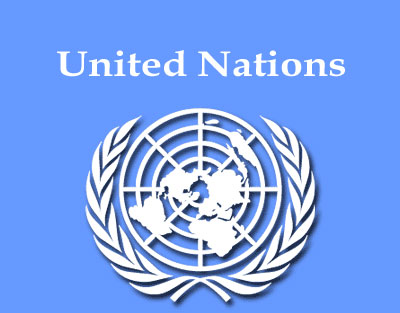UN launches 600-million-dollar aid appeal for Afghanistan
 Geneva - The United Nations issued an appeal Tuesday for Afghanistan, asking donors to give 603 million dollars for aid as the humanitarian situation in the country continued to deteriorate.
Geneva - The United Nations issued an appeal Tuesday for Afghanistan, asking donors to give 603 million dollars for aid as the humanitarian situation in the country continued to deteriorate.
Mounting insecurity along with natural disasters, specifically drought, have set the country back from gains made earlier this decade, the UN said.
"Poverty indicators, maternal mortality and infant mortality rates, are all very poor," said John Holmes, the under-secretary general for humanitarian affairs.
"Afghanistan is close to the bottom of the United Nations Development Programme's human development list," he added. "That is background against which we are trying to help people."
Average life expectancy in the country is just 43 years, with about half of the country living on less than one dollar per day. Nearly 70 per cent of the population of 31 million people do not have proper access to clean drinking water.
Food and agricultural aid would make up the lion's share of the appeal, worth together almost 355 million dollars, followed by a request for 100 million for landmine removal.
During the initial years following the fall of the Taliban in 2001, the international community placed a large emphasis on development and reconstruction.
This appeal would be the UN's first humanitarian plan for Afghanistan, an indication that the situation is deteriorating and coordination of funding and work needed to improve, UN officials said.
In 2008, over 2,100 civilians were killed, a rise of 40 per cent compared to the previous year. An additional 28 aid workers from charities were killed and 78 abducted in the same period.
The insecurity and violence have made delivering aid more difficult and hampered efforts to gather precise information on Afghanistan's humanitarian plight.
Holmes said the UN was opening offices for its humanitarian coordination agency (OCHA) in Afghanistan, to help improve access to information and the delivery of aid.
The appeal was conducted in coordination with the government in Kabul, international aid agencies and a few local Afghan groups. (dpa)